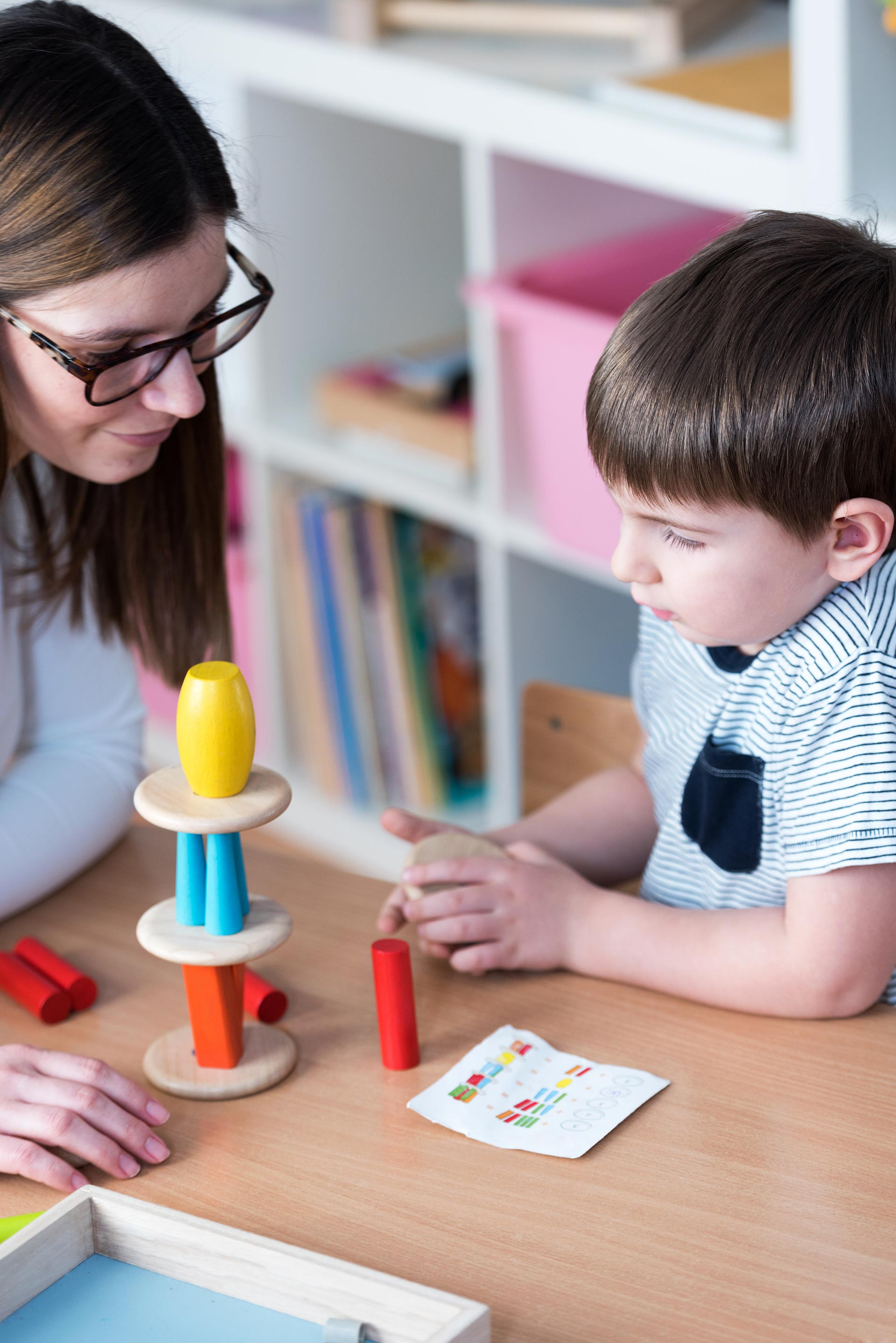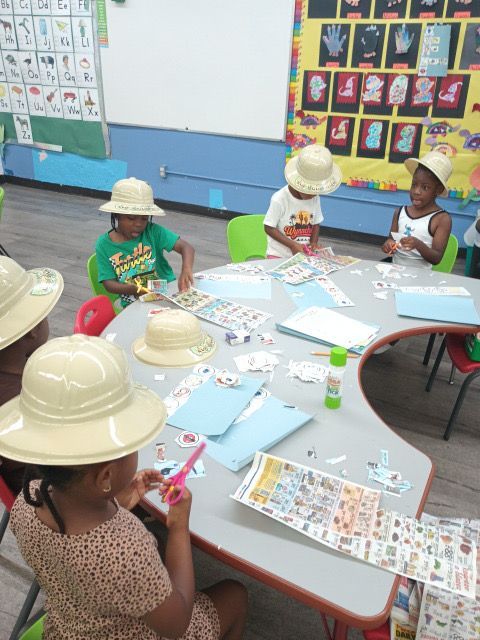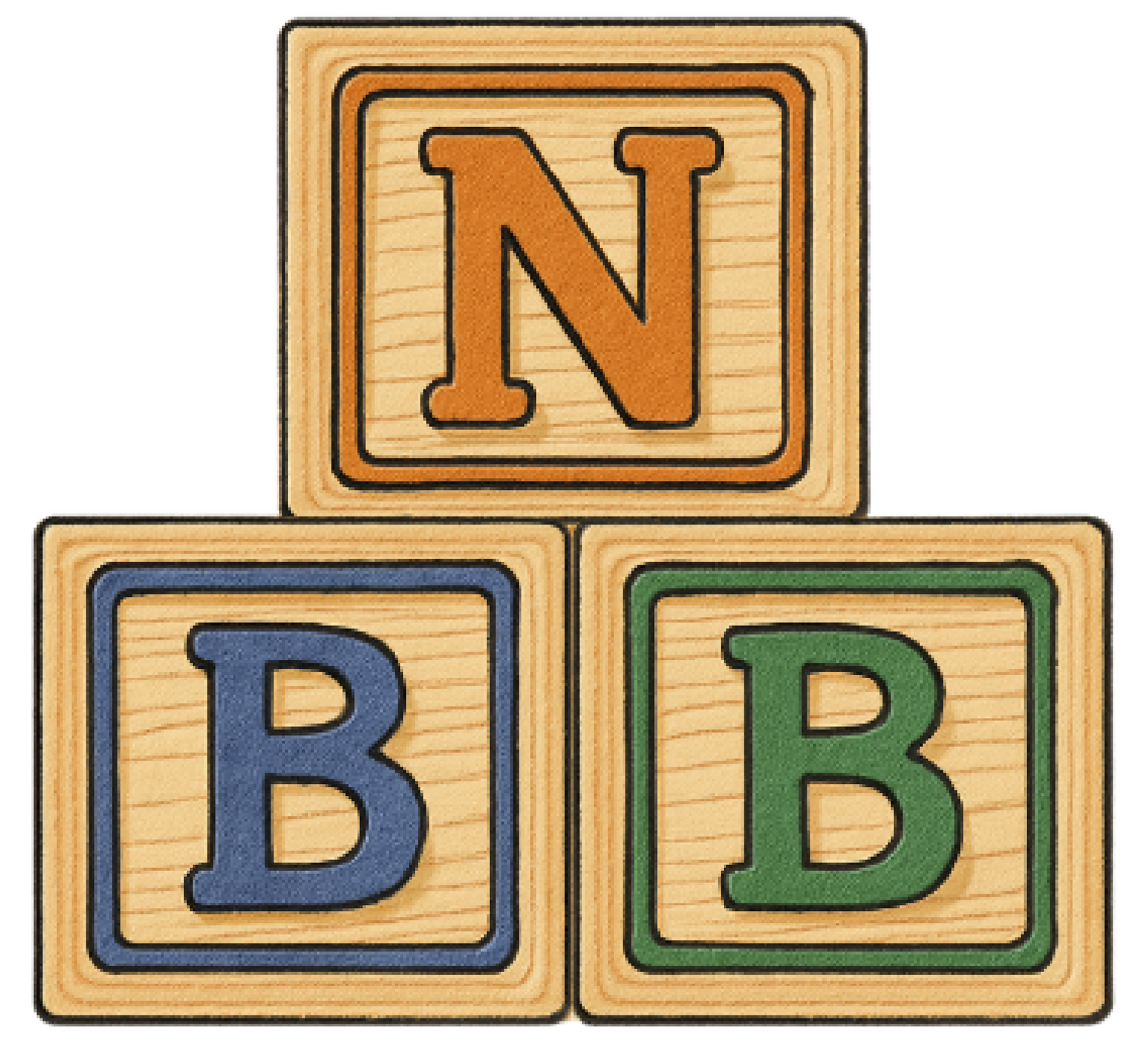Summer Learning Loss: How to Keep Kids Engaged Year-Round
When school doors close for summer break, it’s natural for children to focus on fun, relaxation, and time with family. However, experts warn that extended time away from structured learning can lead to “summer learning loss”—a decline in academic skills and knowledge that many students experience during the long break. The good news is, with a little planning and creativity, parents can help their kids stay engaged and keep learning all year long.
What Is Summer Learning Loss?
Summer learning loss, sometimes called the “summer slide,” refers to the tendency for students to lose some of the skills and knowledge they gained during the school year. Research shows that students can lose up to two months’ worth of math and reading skills over the summer. Younger children are especially vulnerable, but all students can benefit from intentional summer learning activities.
Why Does It Happen?
Without regular opportunities to practice reading, problem-solving, and other academic skills, children may forget important concepts. Changing routines, increased screen time, and less exposure to books or educational activities can all contribute. The result? A tougher transition back to school in the fall.
How Can Parents Prevent Summer Learning Loss?
The key to avoiding the summer slide is to make learning part of everyday life, even when school is out. Here are some practical tips to help your child stay engaged and curious all summer long:
1. Read Every Day
Reading is one of the most effective ways to prevent summer learning loss. Encourage your child to read for at least 20 minutes a day. Let them choose books that match their interests: comic books, graphic novels, chapter books, or magazines all count!
2. Incorporate Learning into Daily Activities
Turn ordinary moments into learning opportunities. Cooking together can teach math and science concepts. A walk in the park can spark conversations about nature. Grocery shopping can become a lesson in budgeting, counting, and healthy choices.
3. Make Math Fun
Practice math through games, puzzles, or real-life scenarios. Play board games, do simple math challenges at the dinner table, or have your child help with measuring ingredients while baking.
4. Explore STEM Activities
Try easy science experiments at home or visit a local museum. Encourage your child to ask questions, make predictions, and discover how things work.
5. Get Creative
Art, music, and creative projects stimulate the mind and help kids express themselves. Try drawing, painting, crafting, or even making up stories together.
6. Stay Active
Physical activity boosts brain health. Get outside for bike rides, sports, or family walks. Many games and activities, like scavenger hunts or hopscotch, also involve counting and problem-solving.
7. Set Goals and Celebrate Progress
Work with your child to set small learning goals for the summer. Maybe they want to finish a certain number of books or learn a new skill. Celebrate their achievements to keep motivation high.
8. Join Community Programs
Many libraries, community centers, and childcare programs (like Nu Building Blocks) offer summer reading challenges, workshops, and educational events. Take advantage of these local resources.
Keep Learning Fun
The most important thing is to keep learning enjoyable and stress-free. When children associate learning with positive experiences, they’re more likely to stay curious and confident, even after summer ends.
At Nu Building Blocks, we believe that every season is an opportunity to nurture your child’s growth. Reach out to us to learn more about our year-round programs and summer activities designed to keep young minds active, engaged, and ready for success!








